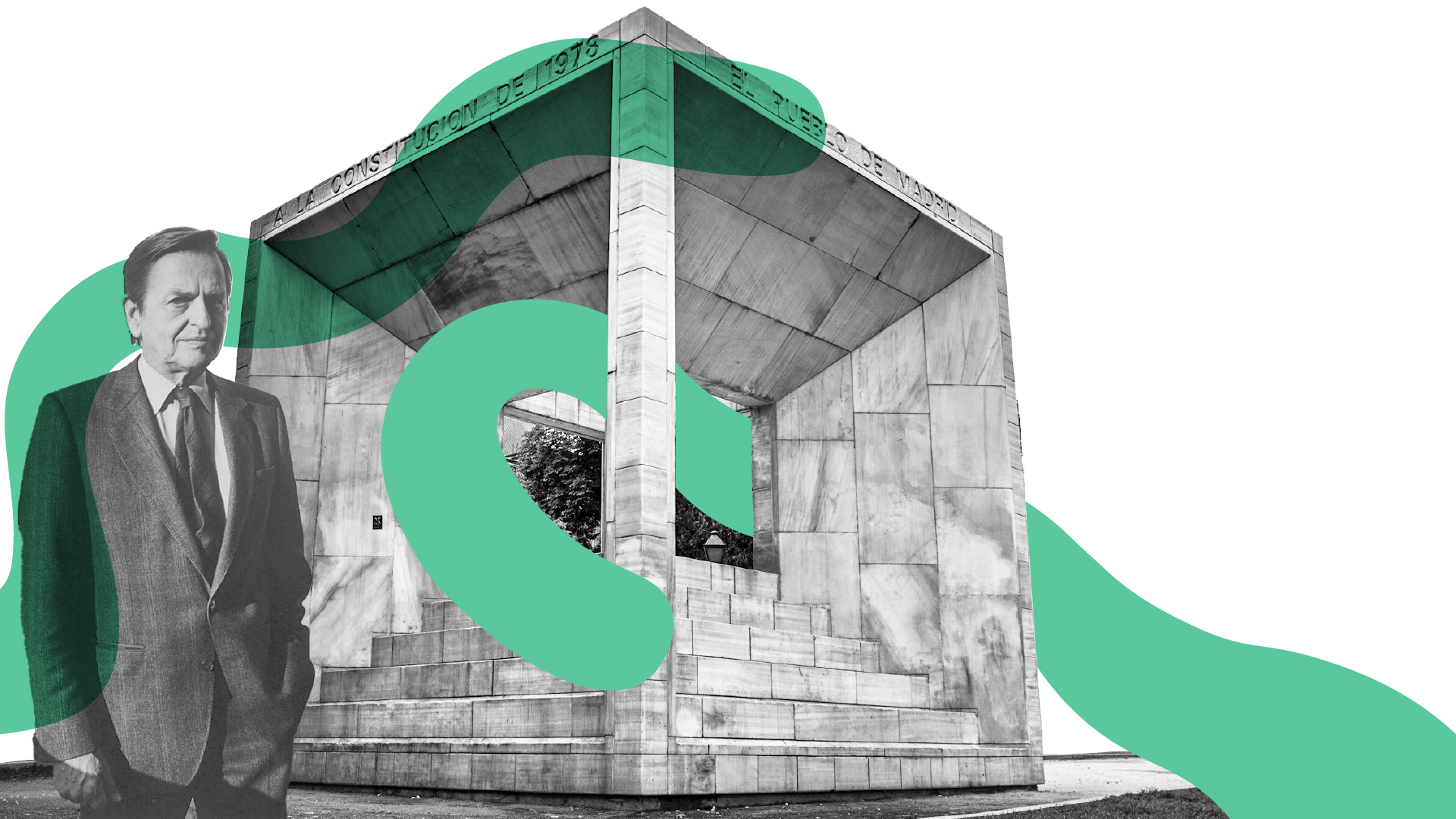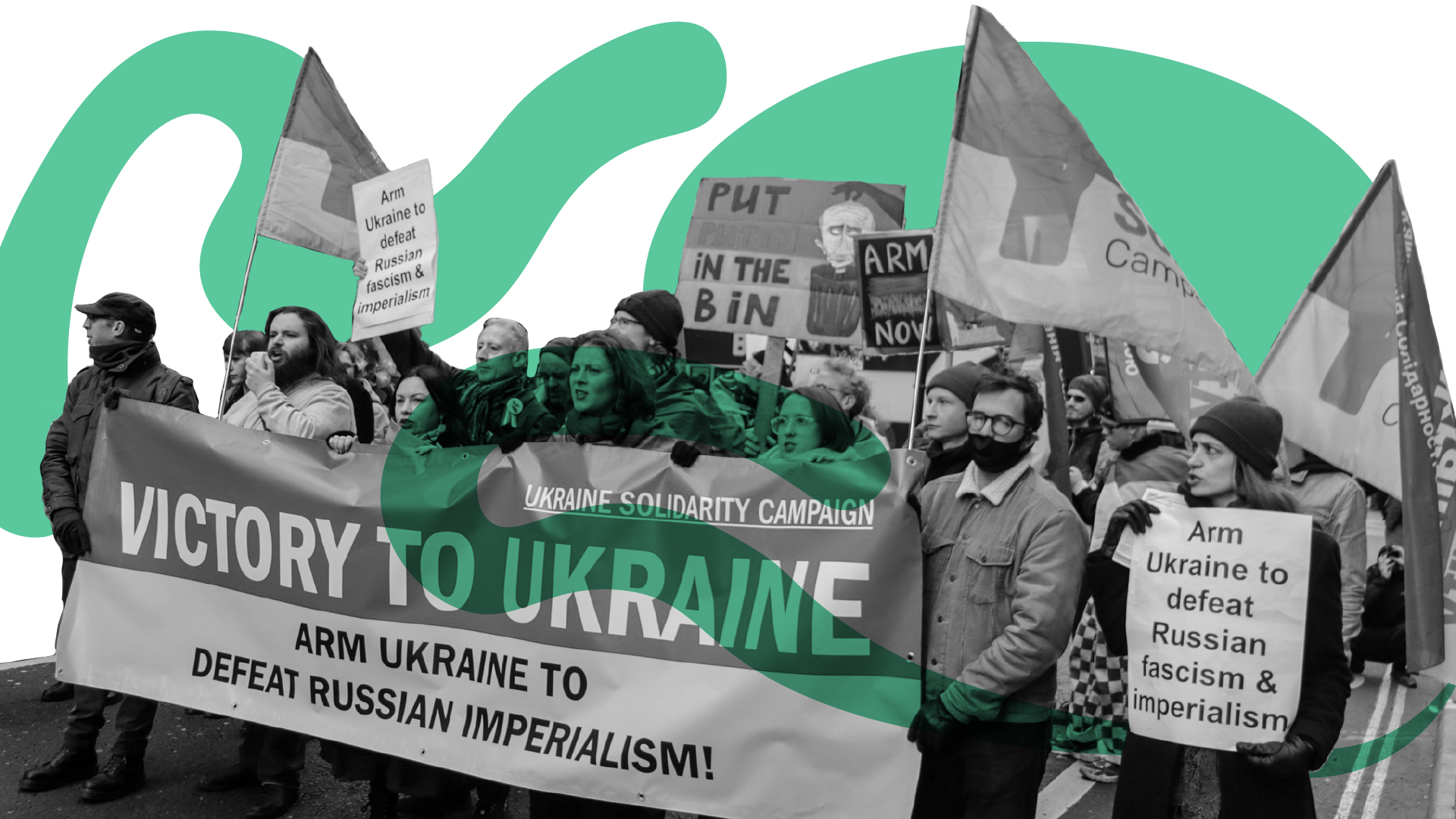
Growing up in southern Europe comes with an idealization of Sweden as that place where everything works, a kind of paradise on earth. Early in our lives, we hear our teachers complain about how poorly equipped our schools are (and how badly paid our teachers are), especially when compared to Sweden. There, teachers are the best-paid professionals, and no students fail behind in school. The same complaints echo after school — salaries, social coverage, union strength, maternity leave, prostitution laws, elderly care — every aspect of life has its Swedish equivalent to be compared with. This goes back to the 1978 Spanish constitution approval, which was partly inspired in the Swedish constitution, to establish the ”Defensor del pueblo” (from the Swedish Justitieombudsmannen). More recently, regarding the newly approved “ley de vivienda” (housing law), the Swedish system of rent control was in the center of a heated debate between political groups. Sweden, in our minds, represents the ”gold standard” that we aspire to achieve as a country.
That’s how the myth is created, along with the accompanying expectations. Moving to Sweden from a southern country like Spain is challenging, and it’s accompanied by the realization of how different things are. The myth starts to crumble, and reality paves its way through. Contradictions are found everywhere: an education system where private schools profit from public money and teachers are underpaid, a social coverage system where getting a doctor’s appointment can take months, powerful unions on paper but with little activity, and elderly people living in undesired loneliness. This happens in a country with the most people living alone, and where identifying as lonely is common. The south has its problems, and we are far from perfect, but our perception of Sweden is equally far from reality.
The privilege of a university position and a European passport made my experience more pleasant than for most migrants, but it doesn’t isolate you from the conflicting context. Recently, a Latin-American friend spent a few hours explaining how much she struggled to get a working-holiday visa, leave her country, find a job as a cook (from a list of jobs described as difficult to cover), and now she’s stuck in the process of changing her visa type, hoping to find a new job. She considers herself fortunate when she compares her situation with other friends who didn’t manage to get a job and are forced to work in the underground economy with no right to any social coverage. Sweden is particularly hostile to people in this situation due to the lack of cash in daily life usage.
While the circumstances are the same in every European country, we cannot say the same about their visibility. There is a tendency in both Swedish people and Swedish society to avoid conflicts and to present a false image of things ”as it should be,” making these problems even harder to spot. A kitchen full of migrant workers from the global South who can barely cope with long and endless work routines while being bullied by a European manager goes against the self-image Swedes have of Sweden. However, situations like this one are also cynically accepted. At the university, it is not uncommon to hear complaints from non-white students about racism that, when transmitted to the academic hierarchy, were downplayed or directly ignored. On paper, everything works in Sweden, but in practice, there is an aversion to admitting the deep conflicts and the gap opened from the idealized image of Sweden of the mid-1900s compared to nowadays.
After the initial shock, however, it’s encouraging to realize that some parts of the idealized Sweden are actually real. Coming from the well established tradition of workers organizations and social movements that Sweden had, it is possible to find organizations that are aware of the struggles and conflicts in this dreamed-about place. More importantly, they are committed to fighting the roots of these conflicts. Even in a small city like Uppsala, it’s possible to find a handful of organizations that, from different perspectives and traditions, work together to make a change, by actively sharing ideas and working to find its place in the city. It is there where we all have a common ground, where, independently of our origins, we all find a common cause to fight for.
2024-04-30
